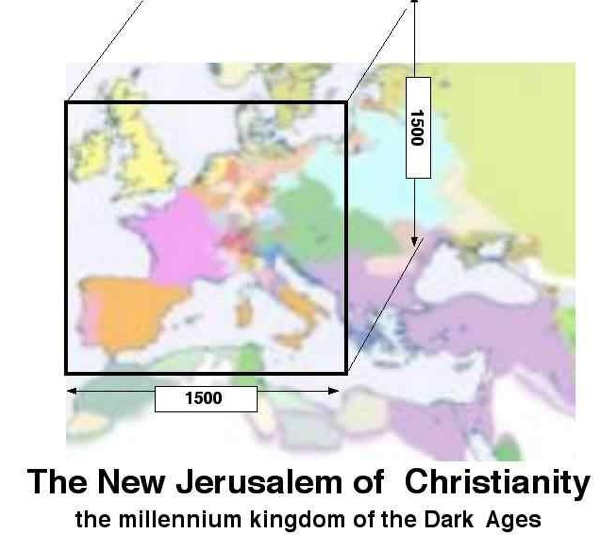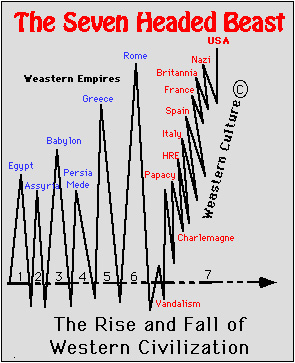- Thread starter
- #1,001
924
The Mongols drive the Turks out of Mongolia.
Edward the Elder, King of England dies. He appints his sn as king, and his son dies sixteen days later. His second son, Aethelstan, now becomes one of the greatest kings in English history.
As China continues to break apart, its troops capture the former Mongol capital as they continue to expand into Mongolia.
A Moslem army invades Armenia but suffers heavy losses to specially-trained archers.
Bulgarian invaders reach the walls of Constantinople before being driven back.
The Mongols drive the Turks out of Mongolia.
Edward the Elder, King of England dies. He appints his sn as king, and his son dies sixteen days later. His second son, Aethelstan, now becomes one of the greatest kings in English history.
As China continues to break apart, its troops capture the former Mongol capital as they continue to expand into Mongolia.
A Moslem army invades Armenia but suffers heavy losses to specially-trained archers.
Bulgarian invaders reach the walls of Constantinople before being driven back.






 the period of Chinese domination..
the period of Chinese domination..
